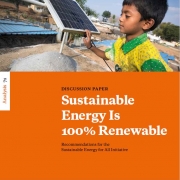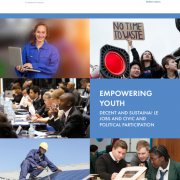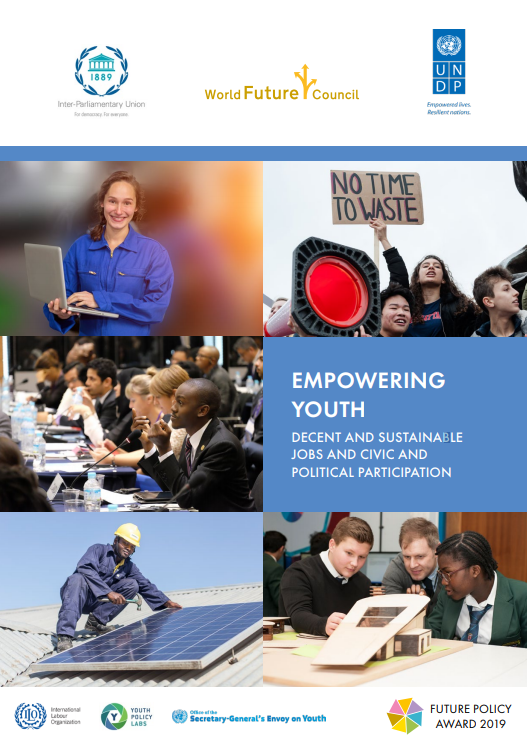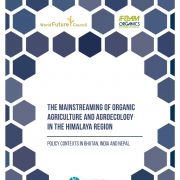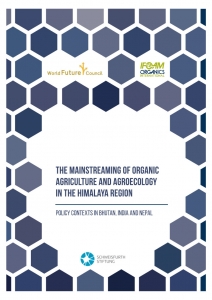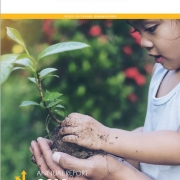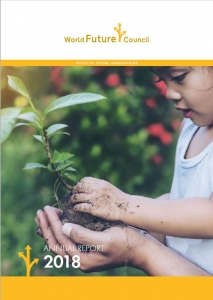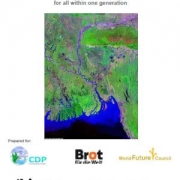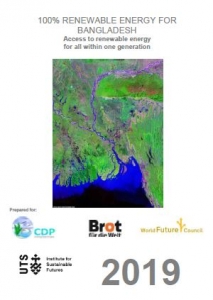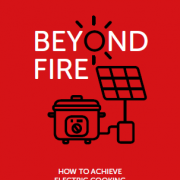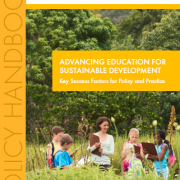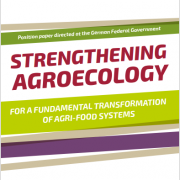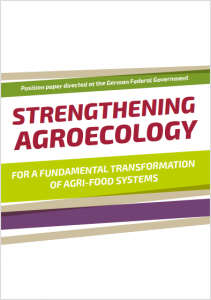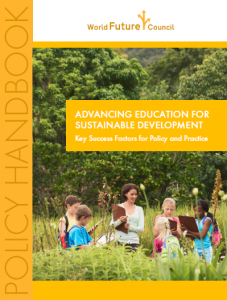
Abstract
Given the huge challenges the world faces, it is clear that we need to teach, learn and live in a fundamentally different manner. Education for Sustainable Development (ESD) is increasingly recognised as playing a central role in empowering learners of all ages to positively respond to local and global challenges and act in a more peaceful, just, inclusive and sustainable manner. This approach is already helping people develop the skills, values and attitudes necessary to create more resilient societies and transition towards the skilled, green, low-carbon economies of the future.
This handbook explores some of the central success factors in policy, process and practice in some of the pioneering countries and contexts where ESD is being effectively embraced. It examines some of the major trends, case studies and challenges in introducing this more holistic, progressive, hands-on education.
Preview
There is no more powerful transformative force in the world today than quality education. It is an indispensable part of the development equation, promoting human rights and dignity, helping to eradicate poverty, fostering sustainability and building a better future for all. It empowers people to determine their own destiny. In our world of nearly eight billion people with finite
natural resources, individuals and societies have to learn to live together, taking responsible actions in the knowledge that not only do they impact people in other parts of the world, but have profound implications for future generations. The future health of the planet rests on creating an education that is at least as far-reaching, systemic, and transformative as the problems we face. Education for Sustainable Development (ESD) does just that. It can play a key role in promoting positive values and sustainable lifestyles, and empowering people of all ages as actors for peace and inclusive social change. Learning is a key component of innovation, strengthening our collective ability to address complex global and local challenges. There is growing international recognition of ESD’s potential as an integral and transformative element of quality education and lifelong learning and a key enabler of more just, inclusive, sustainable and resilient societies. To do this ESD must continue to empower learners to transform themselves and their communities. Through its embrace of progressive pedagogies, technical and vocational training, and 21st century skills, ESD is helping learners developing fundamental skills, knowledge and competencies such as critical thinking, scenario planning and collaborative decision making, collaboration, and problem-solving
